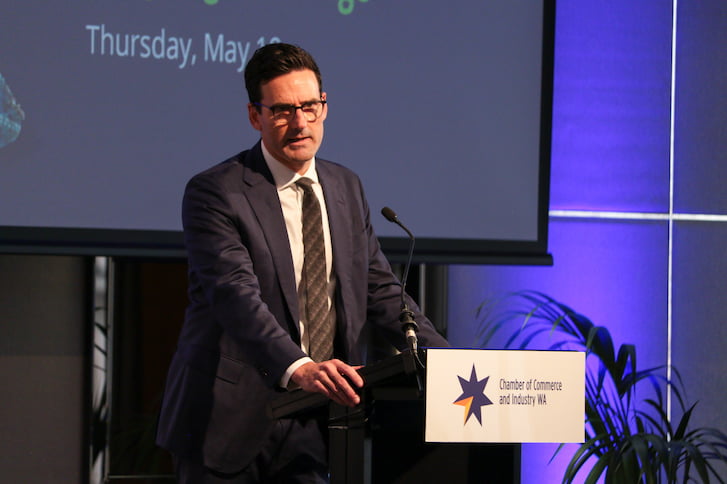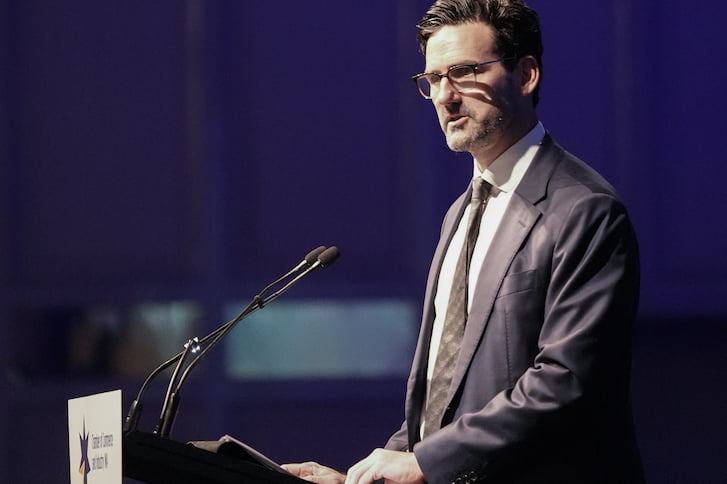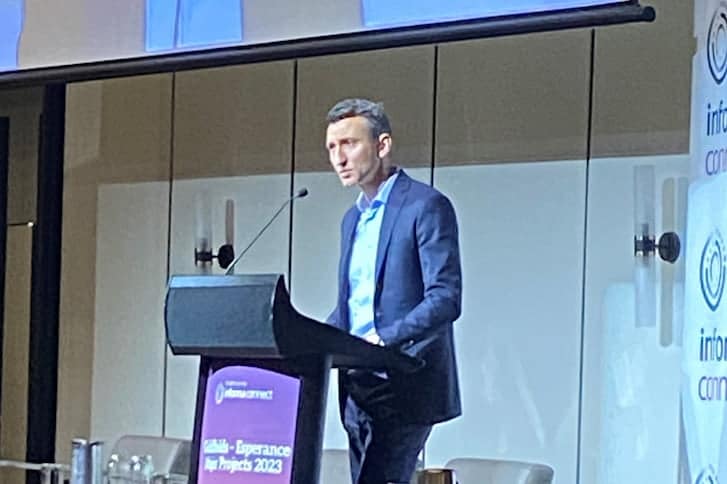
CCIWA CEO Chris Rodwell
By Chris Rodwell, CCIWA CEO
Businesses around WA should be genuinely worried about the power that is being provided to the unions to access their workplaces.
Union membership is at its lowest level in history, yet the Federal Government is giving unions a chance to regain their foothold in workplaces across our nation.
The Closing Loopholes Bill 2023, currently before the Senate, allows union officials to abruptly show up at any Australian workplace without notice and demand to see payroll paperwork if they suspect a worker has been accidentally underpaid.
There’s no threshold they need to meet for this to happen. They don’t need to prove they have reasonable grounds to suspect documents will be destroyed, or even have more than a hunch that an underpayment has taken place.
Those union representatives will then be able to physically stay on that premises for as long as it takes to produce the payroll documents they have asked to see.
There is an enormous risk that this unprecedented power will be used by unions as a tactic to bully and intimidate employers. There are no safeguards in the Bill to stop that power from being abused.
For the record, there’s no genuine problem that needs to be solved here. Unions already have the power to access a workplace with no notice if they get approval from the Fair Work Commission on the grounds that a particular business is considered likely to destroy documents.
Under these changes, it will be up to the unions to decide whether “urgent” access is required, and there’s no limit on how often they can flex this muscle. Do we trust them to use that power sensibly and with restraint?
Latest figures from the Australian Bureau of Statistics show union membership in the private sector sits at around 8%.
As my counterpart at the Australian Chamber of Commerce and Industry Andrew McKellar succinctly pointed out, it seems the only loophole this bill is seeking to close is that of declining union membership.
Combined with a five-fold increase in fines for accidental underpayments, businesses are right to be deeply concerned.
The maximum penalties for a payroll mistake would jump from $187,800 to $939,000 for serious contraventions – many businesses would face financial ruin if they were handed a fine of that size.
Most underpayments are not intentional and are caused by the real wage thief in Australia: our absurdly complex industrial awards system.
Businesses are trying to do the right thing, but they are drowning in industrial red tape.
Smaller businesses do not have large HR and payroll departments and even those that do can fall victim to human error. Employers are telling us they have grave fears about the impact of these increased penalties.
The more time a business spends battling the complexities of Australia’s workplace laws, the less time they are spending creating jobs, contributing to economic growth and our communities.
We call on the Federal Government to simplify the system and provide more support for businesses to make underpayments less likely, before introducing this five-fold increase in penalties.
A draconian crackdown on employers and letting unions run rampant through our workplaces won’t do anything to stop underpayments.
It will simply make life harder for honest employers and will ultimately be a handbrake on job creation and economic growth.
Want to keep up to-date with the latest business news and advice? Become a CCIWA Member today and get access to exclusive information designed to help you do business better. Find out more here.












